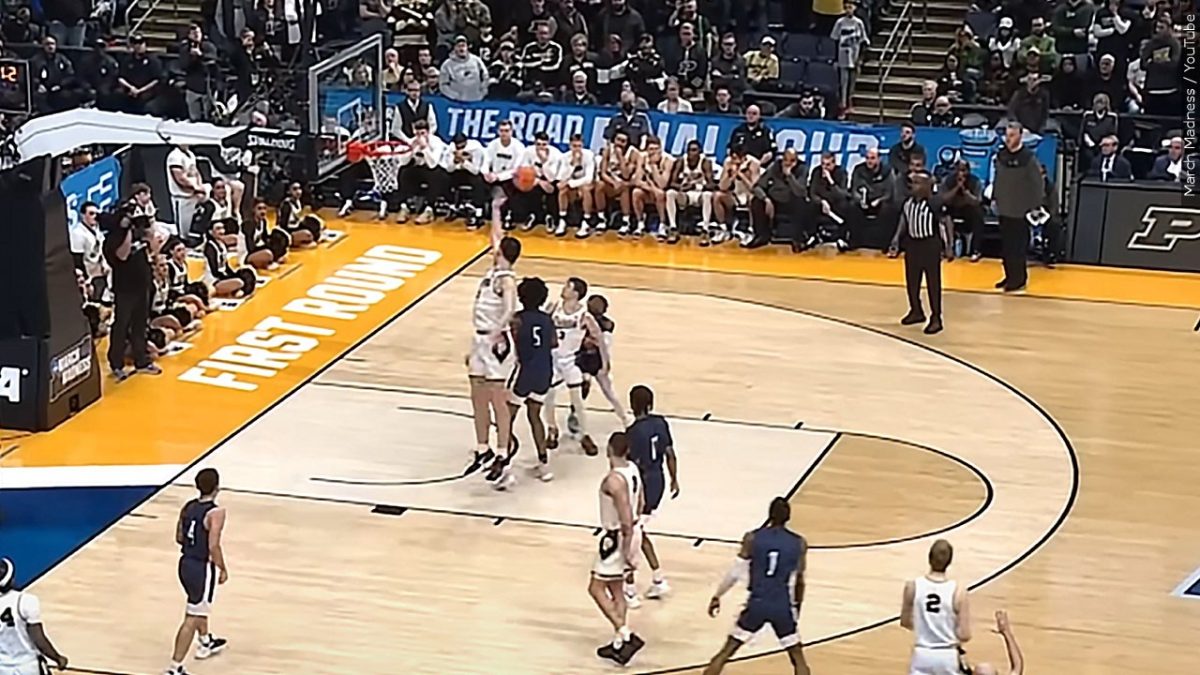
We have a problem. Actually, we have several, but one in particular prevents us from dealing with the others.
We refuse to be appropriately concerned about the environment.
Not all of us, of course, many of us are very concerned. Though, sometimes, we seem to be resigned to the notion that, if there was ever anything we could do, the time for action has passed. We feel sort of doomed, Norse myth style, to a barely habitable planet.
For the most part, we—and by “we” I mean our species—simply will not take Earth’s struggling ecosystem as a serious threat. It is a sheltered individual who has not heard the problem, but too many act as though they aren’t going to care until it affects them directly, at which time it truly will be too late to do much.
We have entered a phase of Earth’s history marked by two closely linked, yet separate, phenomena. The mean temperature (as opposed to the temperature where you happen to be at any moment) is rising.
We are learning that the ecosystem has entered the sixth great extinction, which exacerbates the problem posed by global warming—or vice versa. Either way, it means that we’re in for some rough times.
A mass extinction is where a large percent of the species that inhabit the planet die off. We all know the dinosaurs suffered one as a result of a meteor hitting the Earth. There have been others, though. The worst may have been the Permian/Triassic event where, over the course of several hundred thousand years, much of the fauna on the planet died off.
But there have been others, too, and one of them is occurring right now. According to an article published in the June 15th edition of Science Advances, a study which tried to use the most conservative statistics possible suggests that this extinction event is happening all around us. And, most likely, it’s in part because of our actions and inaction.
Unlike the Cretaceous event, this one is taking a century or so. Unlike the Permian event, this one will not take hundreds of thousands of years. So it is fast enough to affect us in our lifetime but slow enough not to appear like an emergency. It’s almost the perfect extinction for humans to ignore yet still suffer from.
The signs have been with us for decades. This is not some revelation. However, we don’t seem to care. At least, our actions are not in keeping with the nature of the situation. We are still debating whether the temperature is rising and whether the cost of mitigating this rise is worth the benefits.
The sixth great extinction was announced with almost no coverage by mainstream media. It is cliche to point out that we hear more about Kanye West’s apology to Beck than we do about whether and how our grandchildren will eat and drink and survive, but it is an apt cliche.
As Bad Religion put it, “The world won’t stop without you.” Mars is still out there, despite losing most of its atmosphere. Venus is still out there, despite having far too much atmosphere. Earth will still be here without us. It doesn’t need us.
It is entirely possible that some great engineering feat will resolve this crisis in our favor—though nothing can alter the fact that much of our biosphere is damaged.
But today was the day we could have started this great endeavor. Today was the day we could have joined our hands and our minds to deal with this problem. Today was the day we might have made a bigger difference earlier, more efficiently and effectively.
And our problem is that today is the day we did not.




















